Did you miss an important phone call because your iPhone was not ringing? This can be frustrating when anticipating important messages or phone calls from family, coworkers, or clients who expect urgent phone calls. In this guide, we explore potential causes my iPhone not ringing and provide solutions, be they simple settings adjustments needed or more serious concerns. We have you covered, so let’s have a closer look.
Reasons Why Your iPhone Is Not Ringing
There could be any number of reasons why is my phone not ringing. Discovering its root cause will allow you to begin the search for solutions. Here are a few common culprits.
- Silent Mode activated: The most common reason that silent mode is activated, it mutes all sound, including ringtones.
- Do Not Disturb Mode: If Do Not Disturb has been enabled, the phone will be muted.
- Volume Level: The volume of the ringer could be too low or even set at zero.
- Bluetooth connection: The iPhone connected to the Bluetooth device, which causes the sound to redirect.
- Focus Mode: This feature on iOS can disable notifications and phone calls based on the user’s settings.
- Software Glitch: Sometimes, a software issue or a glitch could be the cause.
- Network Problems: Reception issues on networks could result in delayed calls.
- Custom Ringtones: If a customized ringtone is damaged, it could cause the iPhone not to ring.
- Physical damage: Damage to hardware, for example, the speaker, could be the reason.
- SIM Card Problems: A damaged SIM card hinders calls from being received properly.
Also read: Why Is Face ID Not Working on iPhone? Quick Fixes
How to Fix an iPhone Not Ringing
After we have identified potential solutions to my iPhone stopped ringing, let’s consider ways to tackle the issue. Below are a few fixes that you can try:
Check Silent Mode
If your iPhone is not ringing, first check Silent Mode using the switch above the volume buttons. If orange appears when turning Silent Mode on or off, flip up that switch to disable and restore ringtones.
Adjust the Volume
At the same time, it is also crucial that your phone’s settings are set to vibrate during a call ringtone. Otherwise, it could mean not hearing despite being technically functioning. Also, ensure you enable “Change with Buttons”, so that users to adjust ringer volume by pressing the volume button. Additionally, if using custom ringtones, ensure they’re undamaged and properly set so you receive calls on time.
Turn Off Do Not Disturb
The Do Not Disturb feature blocks all notifications and calls.
You can also scroll down from the top-right-hand corner. This will open Control Centre. This may help ensure no disruptions while in meetings or sleeping. But it could prevent important calls from being received as well. In addition, you should check if you’ve set Do Not Disturb times or if the contacts’ numbers are permitted through while others are blocked. Change these settings to ensure your reachable is available whenever you’re required to be.
Disconnect Bluetooth Devices
If your iPhone is not ringing properly, it could be connected to a Bluetooth device like wireless headphones, speakers, or a car audio system and calling through it instead of its native receiver – such as itself. To resolve this, go to Settings > Bluetooth, disconnect any active devices, and see if that resolves it. This simple solution could resolve iPhone not ringing issues!
Disable Focus Mode
Introduced in iOS 15, Focus Mode is a way to silence calls according to user-defined settings.
Check that the current focus mode permits calls. It is meant to assist users in focusing by blocking notifications from specific apps or contacts during certain times. But it could also block important calls from reaching you. Check all settings of each mode you’ve activated and ensure that you modify the settings so that you can let calls come from contacts you consider important, or disable Focus Mode altogether when necessary.
Restart Your iPhone
Restarting is often sufficient to resolve minor software glitches.
Restarting your iPhone periodically to maintain its optimal performance is recommended to address temporary bugs or glitches that might prevent its rings. Rebooting will refresh its operating system, fixing issues with settings or apps that have become inactive over time. Rebooting your device periodically to maintain optimal performance and function.
Also read: How to Fix Siri Not Working on iOS Devices
Update iOS
Ensure your iPhone’s operating system is updated to fix any potential issues and enhance performance.
Apple regularly releases updates to address common problems, add new features, and enhance overall system stability. By staying current with these releases on your device, you could prevent various issues like the iPhone not ringing. Any updates should also be completed properly if showing.
Reset All Settings
Resetting All Settings may help restore system preferences such as sound, notifications, and network settings without losing personal information or creating additional problems on your iPhone. Once done, check that it rings properly when receiving calls after performing a reset of all settings.
Check for Physical Damage
Examine your speaker and other components. If any damage appears that are reason iPhone not ringing, seek the services for repairs, as any physical structural problems could compromise its ability to generate sounds affecting ringtones and audio features.
Notice any obvious indicators of damage, such as cracks, dents, or corrosion on your device if exposed to moisture. Professional repairs or cleaning may be needed to regain functionality and restore original performance. Doing it yourself could void your warranty and even lead to further harm; consult a technician instead.
Replace the SIM Card
A damaged SIM card may cause issues in receiving calls.
Try removing and replacing your SIM card. If the issue continues, then you replace it. Sometimes the SIM card can become damaged or dislodged, leading to connectivity issues that prevent calls from reaching their recipients.
Check your SIM tool or use a clip to pry out and examine the card, then reinsert it. If any damage or issues persist with connectivity issues after reinserting it, contact your carrier and seek replacement SIMs. New upgrades could help your phone ring correctly, as they could help improve connectivity issues and ensure smooth service from your provider.
Final Thoughts
Experienced Apple device users know it can be stressful to have issues with an iPhone not ringing, but with these troubleshooting tips, you may quickly fix this problem. By carefully considering all potential causes and applying appropriate fixes to ensure that it chimes back as expected again.



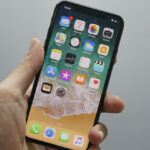


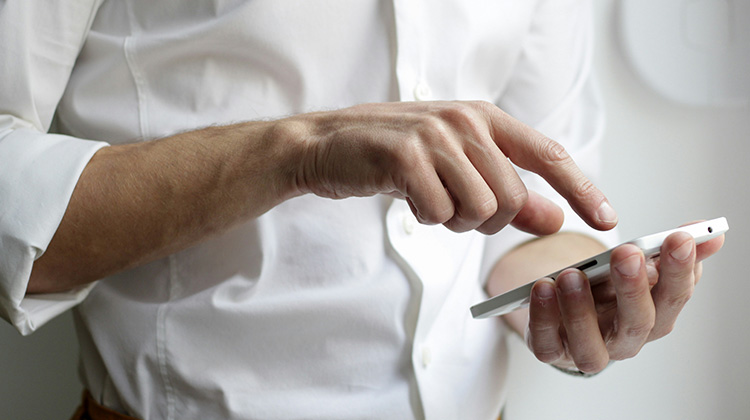

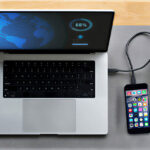


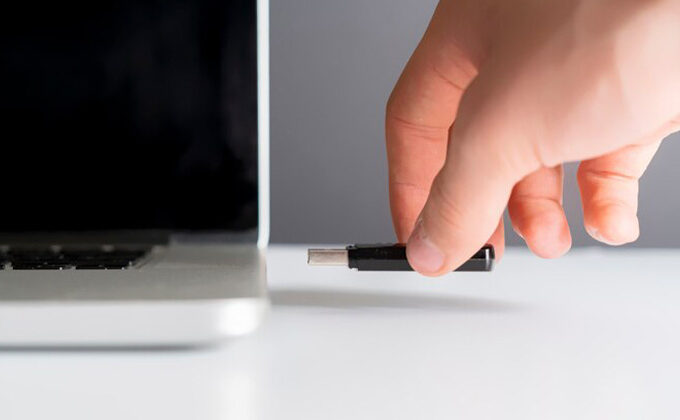
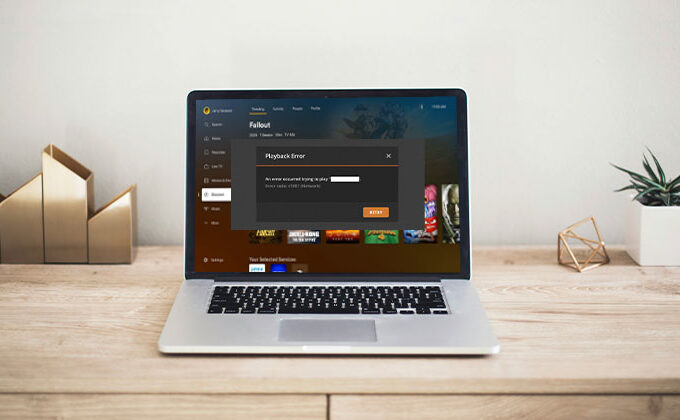
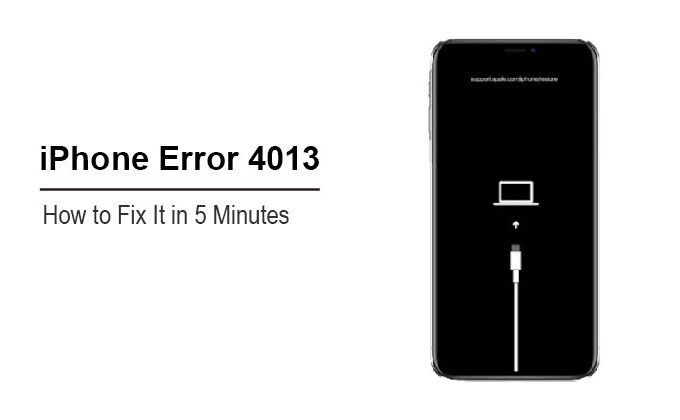

Leave a comment